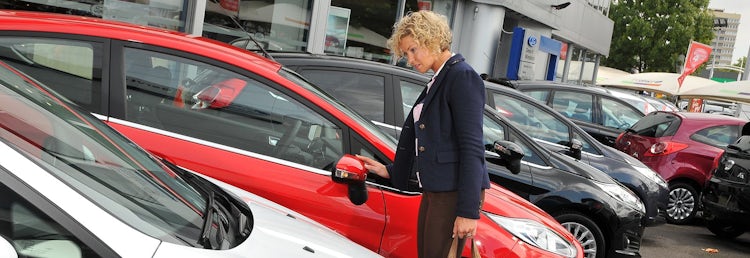Used BYD Dolphin cars for sale
Find the right second hand BYD Dolphin for you through our network of trusted dealers across the UK
Looking to buy a used BYD Dolphin? Get a full car history check
Sell your car for what it's really worth
The free, easy way to get 5,500+ dealers all over the UK bidding on your car
Used car guides
Popular used car models
- Used Audi A1 Sportback
- Used Citroen C5 Aircross
- Used Fiat 500
- Used Ford Fiesta
- Used Hyundai i10
- Used Hyundai Ioniq 5
- Used Jaguar E-PACE
- Used Jaguar F-PACE
- Used Jaguar I-PACE
- Used Kia Ceed
- Used Kia Niro
- Used Kia Picanto
- Used Kia XCeed
- Used Land Rover Defender 110
- Used Mazda CX-5
- Used Mercedes-Benz A-Class
- Used Mercedes-Benz CLA
- Used Mercedes-Benz GLA
- Used MG MG4 EV
- Used MG ZS
- Used Peugeot 208
- Used Peugeot 3008
- Used Polestar 2
- Used Renault Clio
- Used SEAT Ateca
- Used SEAT Ibiza
- Used SEAT Leon
- Used Skoda Kodiaq
- Used Toyota Aygo X
- Used Toyota Yaris Cross
- Used Vauxhall Corsa
- Used Vauxhall Grandland X
- Used Vauxhall Mokka
- Used Volkswagen T-Cross
- Used Volkswagen Tiguan
Used cars by car type
- Cheap used cars
- Low mileage used cars
- Used 1 litre cars
- Used 1.2 litre cars
- Used 2 seater cars
- Used 6 seater cars
- Used 7 seater cars
- Used 8 seater cars
- Used 9 seater cars
- Used automatic cars
- Used cars under £4000
- Used cars under £5000
- Used cabriolet cars
- Used convertible cars
- Used coupe cars
- Used diesel cars
- Used electric cars
- Used estate cars
- Used green cars
- Used hatchback cars
- Used hybrid cars
- Used luxury cars
- Used manual cars
- Used petrol cars
- Used small cars
- Used white cars
- Used yellow cars










